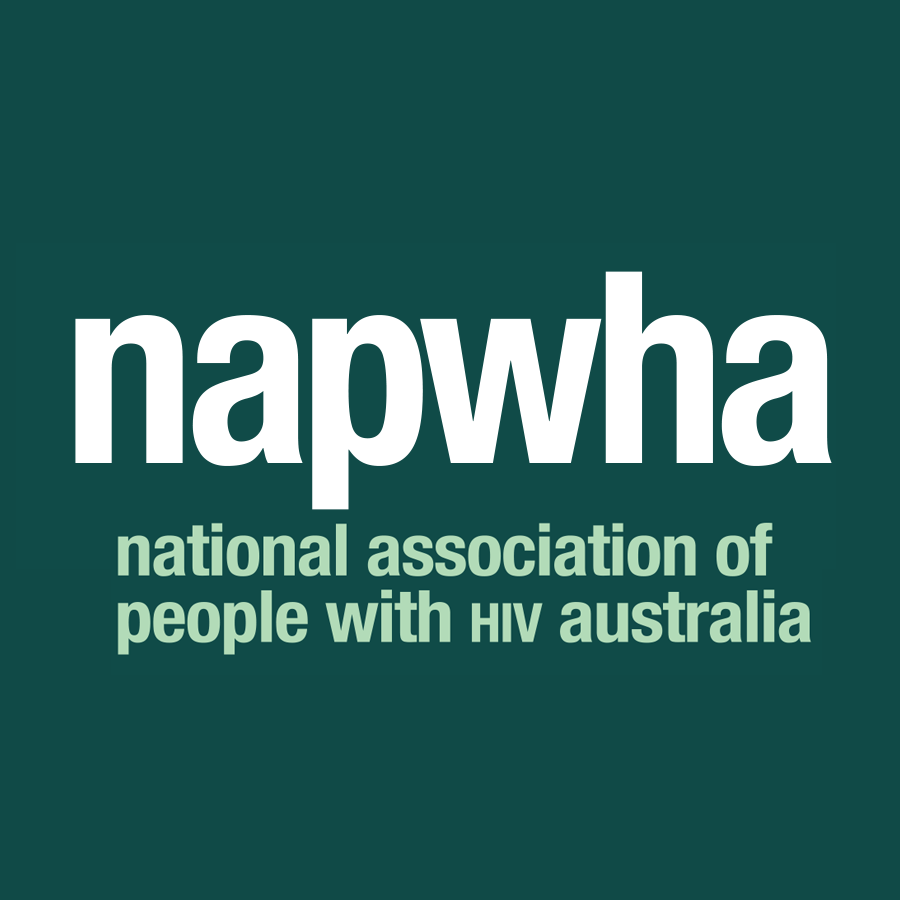Monkeypox Virus and People with HIV

For people with HIV (PWHIV) in Australia the emergence of larger than usual outbreaks of the Monkeypox Virus (MPXV) around the world; most notably in Europe, Canada and in the USA, will be causing understandable anxiety.
There is a lack of available evidence about whether having HIV affects the risk of acquiring MPXV or if it affects the progression or severity of MPXV.
The British HIV Association (BHIVA) in a recent statement has noted three studies of MPXV and HIV, in Nigeria and the USA, which reported varying outcomes. However, it should be noted that there are significant differences between these countries and Australia in terms of access to quality healthcare and medication, ARV treatment uptake and viral suppression in the local HIV positive population. The studies should be read with this context in mind. The full BHIVA statement can be found here.
It is important to note, especially in the Australian context, that PWHIV should not be alarmed. There is no current evidence that PWHIV in Australia are at an elevated risk from MPXV. Immunocompromised people, such as those with very low CD4 cell counts, might be expected to have worse outcomes from MPXV infection than the general population but it should be noted that there is no evidence of this yet, either.
The situation in Australia is being closely monitored by health authorities. Case numbers are extremely low: there have been only two confirmed cases in Australia. Suspected cases are reportable to the public health units and public health staff will implement investigation, contact tracing and control measures where needed.
There are vaccines which confer protection against MPXV and there are also antiviral medications which can be used to treat the infection. Australia has a comprehensive universal healthcare system to provide appropriate diagnosis, treatment and care.
While a number of cases of MPXV in men who have sex with men (MSM) have now been reported globally, it is important to remember that sexuality is not a driver of MPXV infection. Anyone who has had close contact, or skin-to-skin contact, with a person with MPXV may be at risk. The Commonwealth Government factsheet on MPVX, its diagnosis, symptoms and transmission can be found here.
People who have recently returned from overseas who have been at dance parties, sex parties or sex-on-premises venues should be particularly vigilant, monitor for symptoms and see their doctor if they have concerns. For more information and a list of affected destinations, visit the Commonwealth Government Smart Traveller website.
Accordingly, PWHIV who have recently returned from places overseas where there are outbreaks of MPXV should be mindful of any potential history they have of possible exposure to MPXV. They should monitor for symptoms and see their doctor if they are concerned.
All PWHIV should do their best to adhere to their prescribed treatment regime, maintain continuity of care and sustain viral suppression where that is possible.